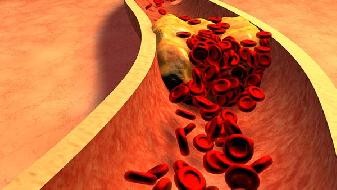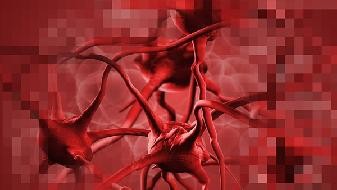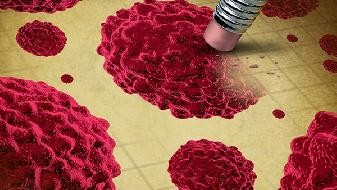On February 28, Director General of the World Health Organization (WHO) Tan Desai introduced 10 basic personal preventive measures against COVID-19 at a regular press conference, including regular cleaning of hands and object surfaces, and avoiding travel during fever or cough. Tedros Adhanom Ghebreyesus said at a press conference on the same day, 'Controlling the epidemic starts with you.'.

WHO gives 10 basic recommendations for personal precautions against COVID-19. Firstly, regularly wash your hands with alcohol based hand sanitizer or with soap and water.
Hand contact with contaminated surfaces or touching the patient's face after contact is one of the ways of virus transmission, so cleaning hands can reduce the risk of virus transmission. Secondly, regularly clean the surfaces of items such as kitchen tables, chairs, and office desks with disinfectants.
Third, self-study on COVID-19 related knowledge, but ensure that the information comes from local or national public health institutions, WHO websites, local health professionals and other reliable sources.

For most people, the initial symptoms of COVID-19 infection are fever and dry cough, rather than runny nose. Most infected individuals have mild symptoms and can improve without any special care. Fourthly, avoid traveling during periods of fever or cough. If you get sick during the flight, notify the crew immediately. After returning home, you should immediately contact medical and health personnel and inform them where you have been.
Fifth, cover with a sleeve or use a tissue when coughing or sneezing.
After using tissues, they should be immediately thrown into a closed garbage bin and then washed.
Sixth, people over 60 years old or with cardiovascular disease, respiratory disease, diabetes and other basic diseases may have a higher risk of severe disease after infection with COVID-19.
This group of people should take additional preventive measures, such as avoiding crowded places or places where they may interact with patients. Seventh, if you feel uncomfortable, please stay at home and call a doctor or local medical personnel who will inquire about your symptoms, where you have been, and who you have had contact with.
This will help to obtain the correct advice or follow the guidelines to go to the right medical and health institution, and can prevent infecting others. Eighth, when sick, one should stay at home, eat and sleep separately from family, and use different utensils.
Ninth, if there is shortness of breath, seek medical attention immediately.
Tenth, feeling anxious during an epidemic is normal and understandable, especially when living in a country or community affected by the epidemic.
Please understand the measures taken by our community to prevent and control the epidemic, and discuss how to ensure safety in workplaces, schools, and other places.
Listening to music can adjust the heart and prevent epidemics







Comments (0)
Leave a Comment
No comments yet
Be the first to share your thoughts!